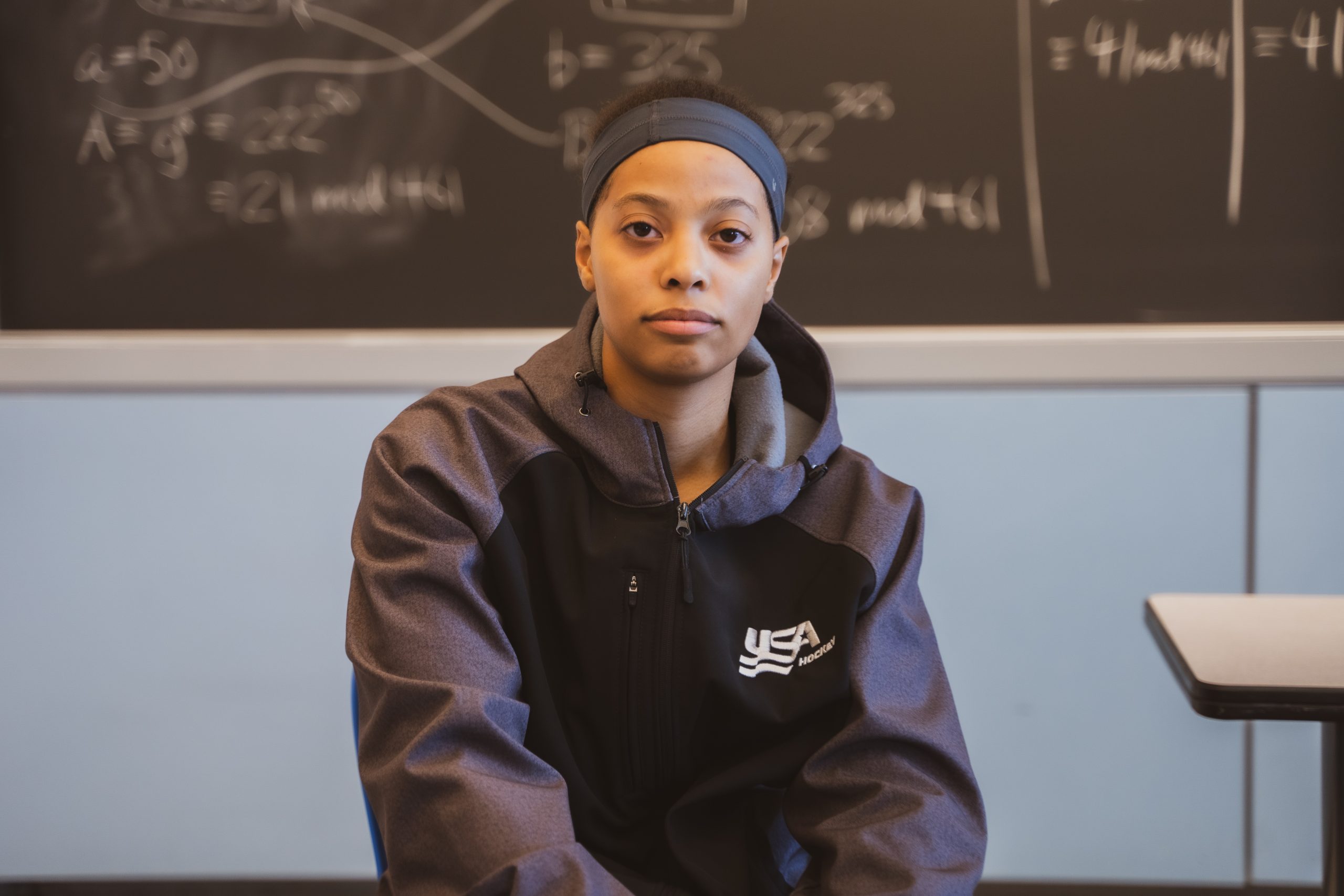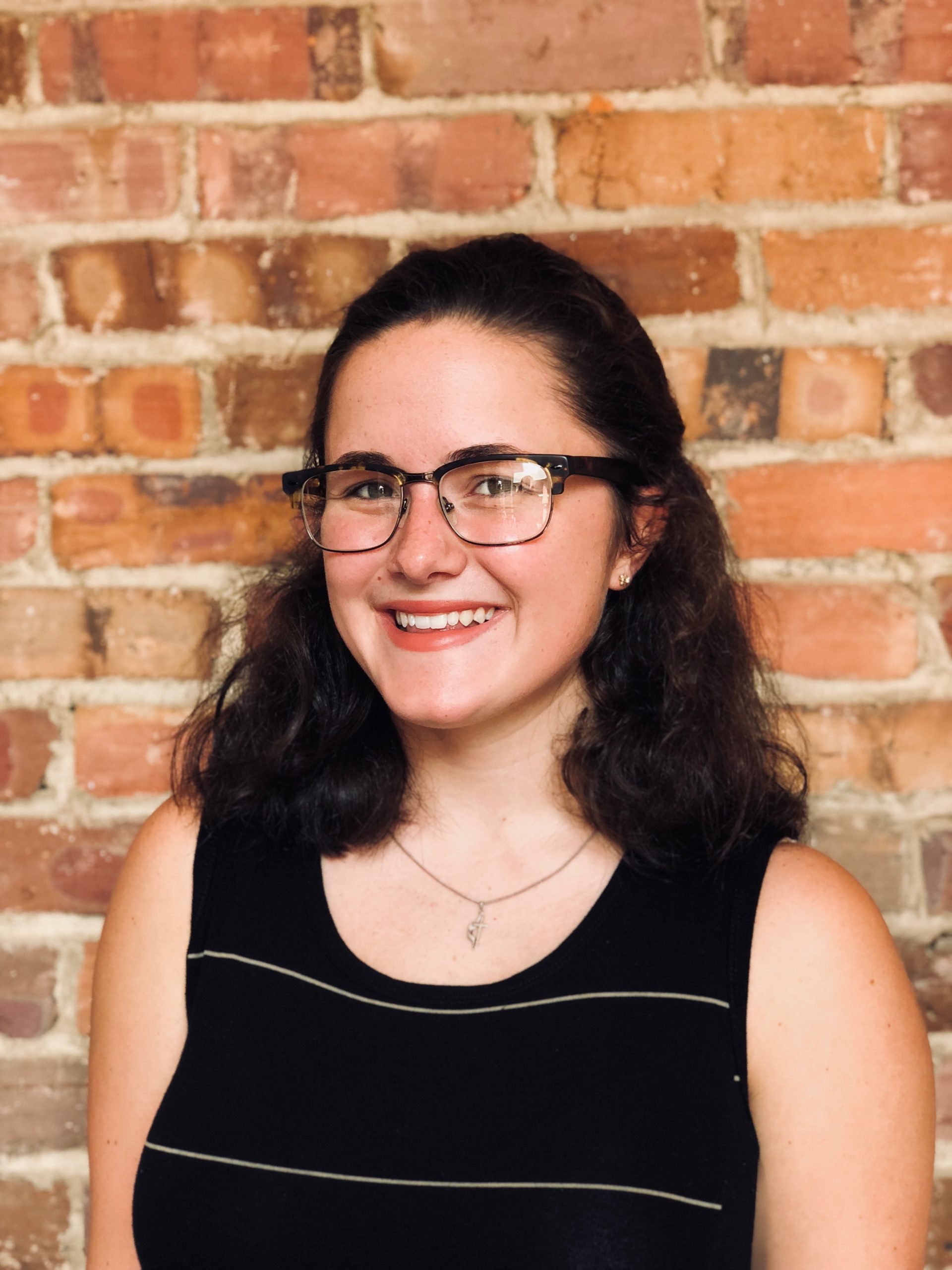When Gabby Graves-Wake, a U.S. Marine Corps veteran, took her first programming class in the fall of 2019, she glanced around the room and made a quick count: There were 56 students, and six of them were women—and she was the only woman of color. At the semester’s end, Graves-Wake would be the only woman remaining in the course.
Her story is not unusual, as women of color account for less than 3 percent of people employed in Science, Technology, Engineering and Math fields. The Warrior-Scholar Project, a nonprofit organization that hosts intensive, college-preparatory “boot camps” for members of the armed services, aims to combat this disparity by offering outreach programs for soldiers who are making or are preparing to make their transition back to civilian life.
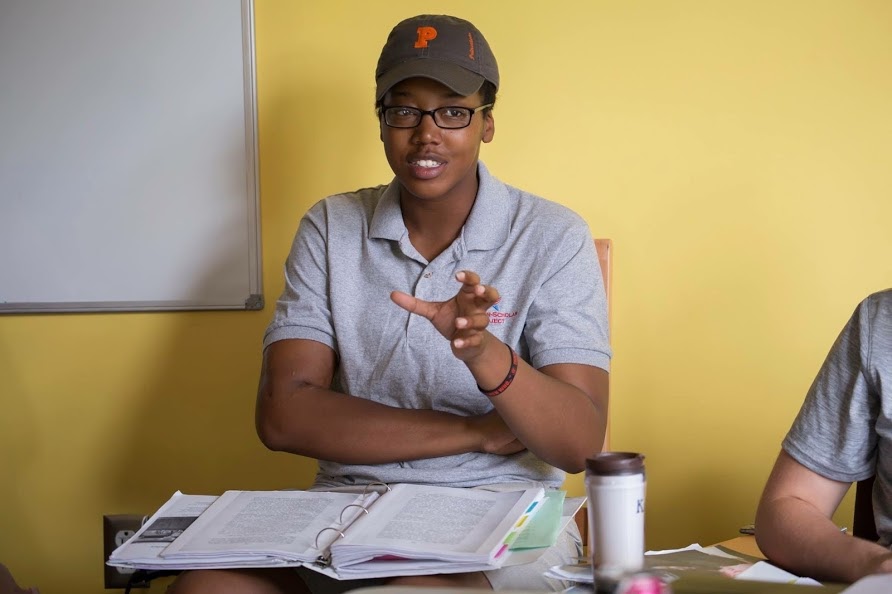
The Women Veterans Empowerment Dialogues is a series of online talks facilitated by female veterans who have successfully found employment or have enrolled in college after leaving the military. Jessica Nelson, a Mississippi resident who works for the City of Jackson, facilitated one such forum entitled “Black Women in STEM” on Feb. 22 via Zoom.
Nelson, who attended a Warrior-Scholar Project summer program on the campus of Princeton University in 2017, was joined by fellow WSP alumnae Graves-Wakes, along with Alexis Blake, a full-time student majoring in computer science, and DeLia Kennedy, a biology major at Hampton University in Virginia.
‘Where’d You Learn That, the Hood?’
All four Black women panelists acknowledged to the female veterans in attendance that their road to the STEM field had not been an easy one. “There’s more representation for men,” Blake stated. “It can sow a sense of discomfort. You don’t ever feel like you belong. I try to seek out connections to create staying power, and I’ve gotten so much support. I’ve also had a lot of condescending, negative experiences. People ask, ‘Where’d you learn that, the hood?’”
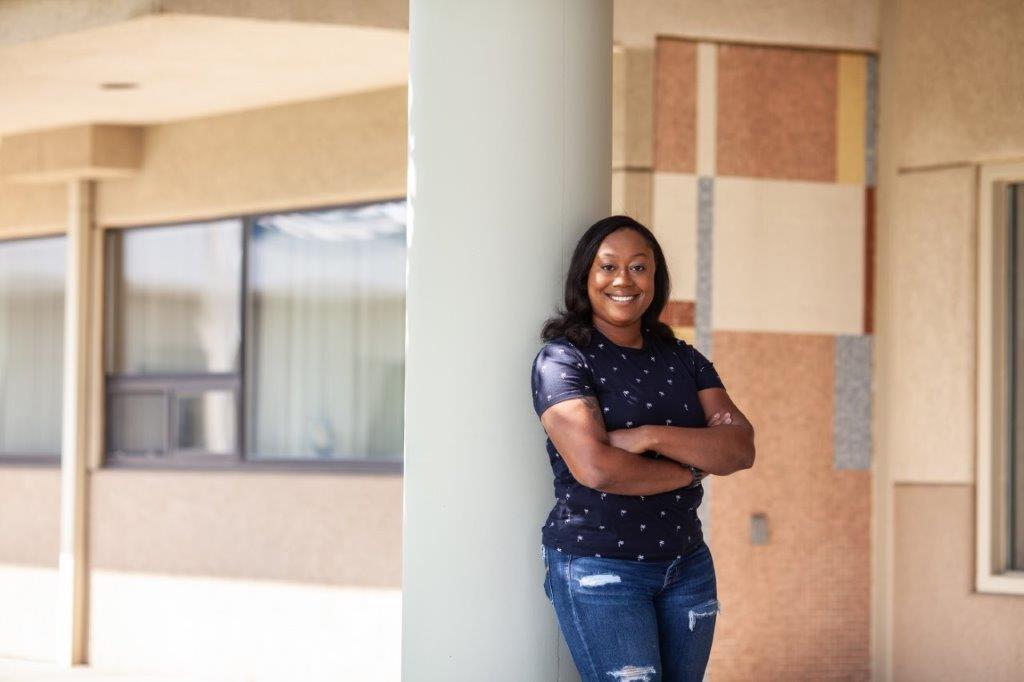
Blake finds the question insulting, given her long history in the field. “I had a V-Tech computer, if anybody is a ’90s baby,” she quipped. Once she finished playing all of the games installed on the basic laptop, she began disassembling it, wondering if she could put it back together, saying, “When it turned back on, that was my moment: I can make technology work and not work.”
Other panelists echoed Blake’s determination to see a childhood dream through to its completion. Graves-Wake wanted to become an astronaut and joined the military to obtain the requisite pilot’s license and to have a pathway to a STEM major in college, while Kennedy cherished ambitions of being a “mystical kind of doctor” who performed autopsies. But they also related to the unfair treatment Blake had endured as she navigated the predominantly white, male field.
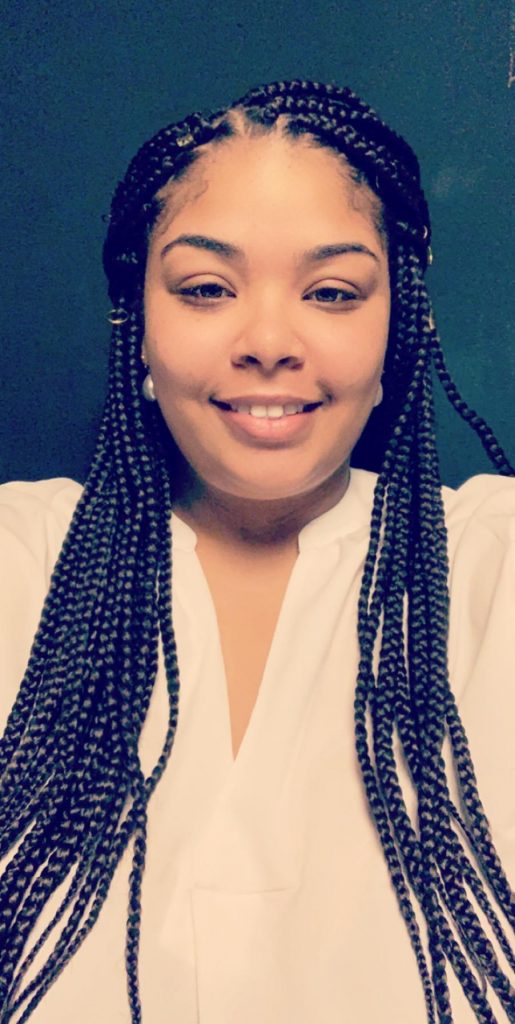
Kennedy, who took an intensive course with the Warrior-Scholar Project on the campus of Yale University, acknowledged that she had even changed her hair prior to attending the program. “I was afraid to show up with my natural hair,” she recalled. “I got braids, but then I realized: even with braids, there are going to be questions.”
The aspiring physician also confessed that her aversion to wearing her natural hair in public spaces had extended into the civilian world. “There are still times—like job interviews—when I don’t wear my natural hair. I slick it back,” she admitted. “I feel like it’s necessary to keep the judgment low. If I’m being offered opportunities, I want to be confident that I can accept them… and that they’ll accept me. It may not be right, but I still do it.”
‘Realizing That No One Looks Like Me’
Despite the difficulties and prejudices that they’ve faced, the veterans believe that the key to overcoming obstacles in the field is to provide a leg-up to other Black women, a kindness they themselves have often experienced.
“It starts with people like us who can stand up in front of young women and tell them that they can do this, too,” Nelson said.
Blake reiterated this idea, too. “The struggle is walking into a room and realizing that no one looks like me and is going to understand the experiences I’ve had,” she shared. “When you finally see someone (who looks like you), there’s a sense of relief. You’re justified in being in that space.”
One of the more public occupants of that space is Katherine Johnson, the NASA scientist who was immortalized in the 2016 film, “Hidden Figures.” All of the women noted that the movie’s popularity contributed to the rise of Black women in STEM, but Blake noted that the movie was still considered an anomaly. “We have to get more women in STEM, period,” she stated.
The panelists believe that such an increase is possible, as the military itself—along with outside entities like the Warrior-Scholar Project—offers a number of programs aimed at involving women in the field, citing the Department of Homeland Security’s 60-course IT program as a premier resource for female STEM hopefuls, as women need only verify their military credentials in order to enroll.
Nelson noted that local opportunities might be available for veterans, as she had participated in a six-month coding program the City of Jackson offered. “I won’t say I’ll become a professional coder, but it was an awesome course,” she said with a laugh.
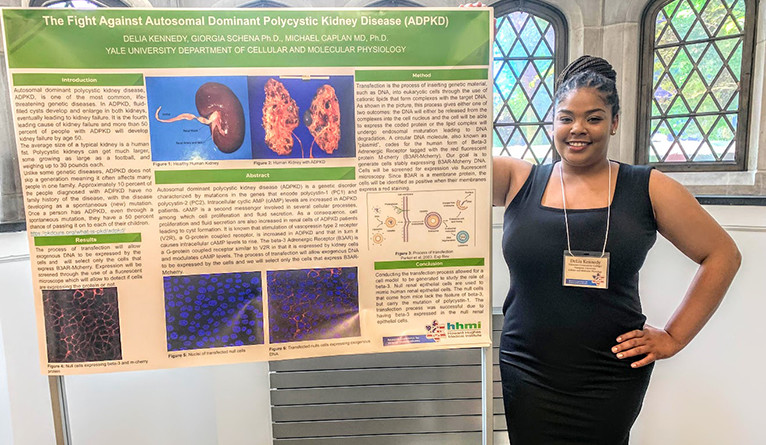
The veterans brought the webinar to a close by pointing out that women themselves—regardless of resource availability or well-placed connections—are their own greatest ally when it comes to pursuing their dreams.
“For the women out there who are considering (the profession), you are more than capable. Once you grasp that concept, opportunities are going to flock to you, but a big part of it is moving through spaces that make us uncomfortable,” Blake said.
For Nelson, a woman raised in the state that simultaneously has the highest population of Black women and the lowest number of female college graduates, the only way out is through. “If you’re breaking molds, you have to get comfortable being uncomfortable,” she concluded.
Any veterans interested in enrolling in college preparatory courses to ease their transition to civilian life and education can visit The Warrior-Scholar Project’s website to learn more or to register for upcoming academic “boot camps.” Veterans may also view past webinars or sign up to attend future sessions in the Women Veterans Empowerment Dialogues series. Each session concludes with a time for questions and answers so that female veterans can receive personalized responses and individual attention from alumnae with the Warrior-Scholar Project.

